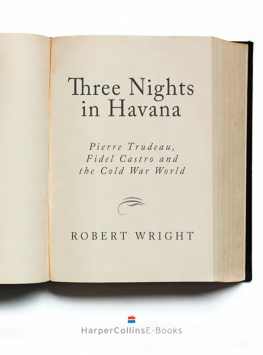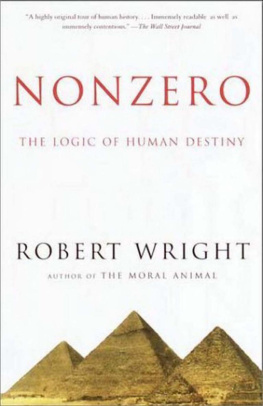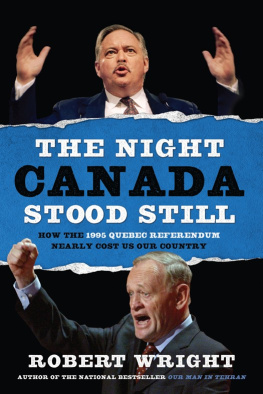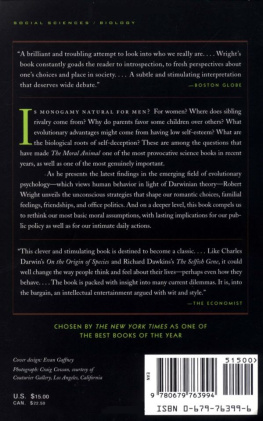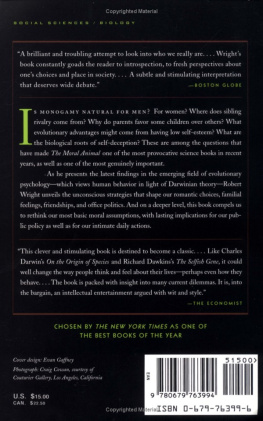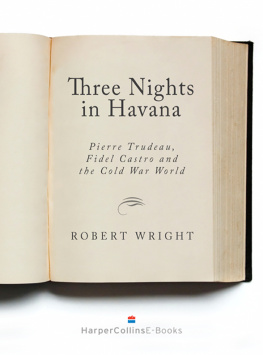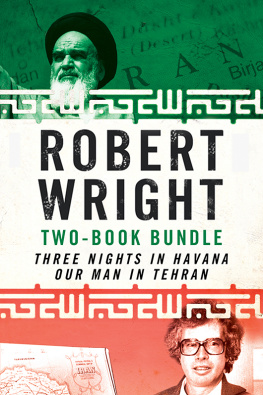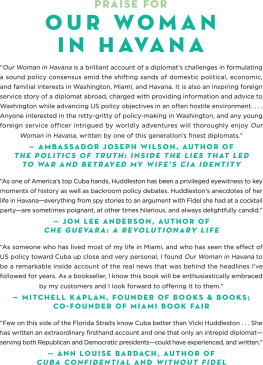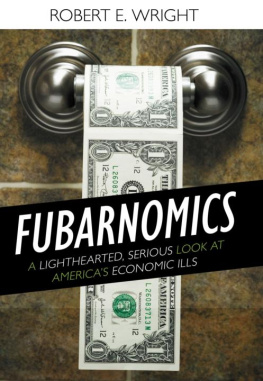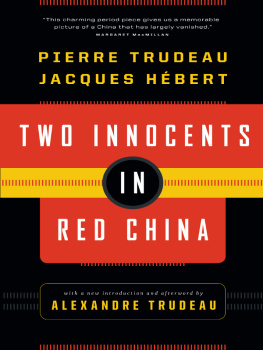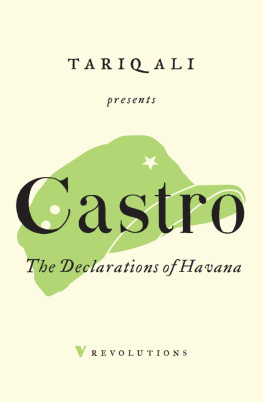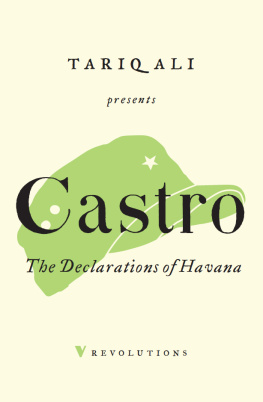W hen Fidel Castro appeared in Montreal in October 2000 for the state funeral of Pierre Trudeau, most Canadians were taken entirely by surprise. Few had any inkling of the depth of the two leaders mutual affection. Trudeau had visited Cuba as a footloose thirty-year-old in 1949 and again in 1964, just before he joined the Pearson Liberals as justice minister. During the October Crisis of 1970, he secretly asked Castro to take five Front de libration du Qubec (FLQ) terrorists off Canadas hands, and Castro obliged. Yet only in January 1976 did the two men meet face-to-face for the first time, and only in the 1990s, when Trudeau had retired from politics, did they place their friendship on a familiar footing. Margaret Trudeau famously called Castro one of the sexiest men in the world but, true to form, the intensely private Pierre said hardly a word about him. The result has been three decades worth of speculation, sycophancy and smear.
Three Nights in Havana chronicles the origins of the friendship between Pierre Trudeau and Fidel Castro, two world leaders whose fates were intertwined well before the Canadian prime minister stepped off his Armed Forces Boeing 707 at Jos Mart Airport in 1976. The Cold War stand-off between the United States and the Soviet Union made formal enemies of Canada and Cuba, just as surely as history had made them colonies of rival European empires. But neither Trudeau nor Castro was ever comfortable in the role of compliant ally, and by the mid-twentieth century the same could be said of many of their contemporaries. Canadians and Cubans may have little in common but they do share one important national characteristica determined refusal to exist merely as the satellite of some other power. Pierre Trudeau and Fidel Castro personified this refusal. It was what brought them to power. It was also what drew them to each other. This is their story.
A word on terminology. Fidel Castro has been called, at different stages of his political career, Dr. Castro (because he holds an earned law degree from the University of Havana), premier, prime minister and Maximum Leader. He is also first secretary of the Communist Party of Cuba, commander-in-chief of the Cuban armed forces, and, as of December 1976, president of the State Council. Ordinary Cubans call him El Jefe (the Chief) in casual conversation. In this book, I have opted for the more formal El Comandante, the term by which he is known to readers of Granma, the Communist Party newspaper, and other official publications. Of his many titles, this is the one in which he is said to take the greatest pride. It also has the practical advantage of distinguishing the Cuban leader both from (U.S.) presidents and (Canadian) prime ministers. I have adopted as well the Cuban convention of capitalizing the term Revolution.
This book could not have been written without the help of others. It gives me great pleasure to acknowledge them here. Research funding was provided by the Canada Council for the Arts and by the Symons Trust Fund for Canadian Studies, for which I am indebted. For putting themselves at my disposal early on in my research, I am grateful to Christian Lapointe, Kim Cowan, Ghislain Chaput and Greg Donaghy at Foreign Affairs Canada, and to Paul Gibbard at the Canadian Embassy in Havana. For their willingness to be interviewed for this book, I am indebted to Juan Antonio Blanco, Carlos Fernandez de Cosso, Tom Delworth, Mark Entwistle and William D. Rogers. James Hyndman took a keen interest in the project at every stage, sitting for long interviews, agreeing to an extensive e-mail correspondence and reading an early draft of the book in its entirety. For his unstinting generosity, I am deeply grateful. My thanks go out as well to Paulette Dozois at Library and Archives Canada, Jo-Anne Valentine and Ted Kelly at the Foreign Affairs Library in Ottawa, Paul Losch of the Smathers Library at the University of Florida, Trish Johns-Wilson and Pam Conley of the Bata Library at Trent University, and Karen Benacquista, Heather Gildner and Charlie Ewing of the Toronto Public Library. I am also grateful to Ann Louise Bardach, Curtis Fahey, John Kirk, Max and Monique Nemni, Andrew Potter, James Ron, David Sheinin, Tim Stapleton, Craig Walker, Dan Wright, R. K. Wright and Lana Wylie. Special thanks to my research assistants, Louise Taylor, Kyle Branch and especially Christine McLaughlin, and to my editor at HarperCollins Canada, Jim Gifford.
The standard authors caveat, that the views expressed in his work are his alone, must apply tenfold to any book on Pierre Trudeau and Fidel Castro, so intensely have both men been deified and demonized over the years. I have tried to bring a historians balance and objectivity to this story, but where I have failed I have done so single-handedly.
As always, my greatest debt is to my wife, Laura, and my children, Helena, Anna and Michael. And as always, words cannot begin to express this debt. This book is for them.
PROLOGUE
Funeral for a Friend
V iva Fidel!
So shouted the crowd as Fidel Castro arrived at Montreals Notre-Dame Basilica for the funeral of Pierre Elliott Trudeau in October 2000.
Jimmy Carter was there. So were Prime Minister Jean Chrtien, poet Leonard Cohen, Prince Andrew and the Aga Khan. But it was Castro, clad in a sombre grey suit and maintaining a stoical silence, who captivated the fifteen thousand or so Canadians who had come to pay their respects to the late prime minister. In cheering for Castroand in invoking the Viva! cheer with which Trudeau had endeared himself to the Cuban people a quarter-century earlierMontrealers were paying tribute not only to the Cuban Comandante but also to the memory of a beloved Canadian prime minister. Castros presence at the funeral, an exceptional gesture of respect for a world leader who seldom travels outside his home country, symbolized the very qualities that Trudeaus Canadian devotees had come to love in him: loyalty, fierce independence, the courage of his convictions.
Castro was one of only two sitting heads of state to attend the service. He had come not as a statesman but as a long-time friend of the late prime ministers family. toward [Pierre] was like that toward a member of the family, he later reflected. I didnt just like him, I was very fond of him and his family.
As perplexing as it had been to their Cold War allies, Fidel Castro and Pierre Trudeau had enjoyed a warm personal relationship since the prime ministers historic state visit to Cuba in 1976. The two leaders discovered early on that they were, as former Canadian ambassador to Cuba Mark Entwistle puts it, . Both were educated by Jesuits and trained in the law; both were men of formidable intellect whose political idealism had inspired millions of their compatriots, infuriated millions of others and changed the course of their nations history. There were also traits in their larger-than-life personalities that set them apart, qualities that each man recognized and respected in the other: an indomitable passion for politics, an adventurous lust for life combined with an almost ascetic self-discipline, a shy demeanour paired with a notoriously stubborn will.
With the passing of Pierre Trudeau, Castro knew that he had lost a true comrade. He expressed his condolences to the Trudeau family in the warmest of terms. , in time of deep grief for the Canadian people, said Castro, to pay tribute to the undying memory of Pierre Trudeau, a world class statesman who was a close personal friend and one for whom I felt great admiration. I always considered him a serious political leader, sincerely interested in the world problems [sic] and the situation in the Third World countries as well as a consistent politician who made a transcendental contribution to the modern history of Canada. He was an upright and brave man who, regardless of difficult circumstances, fostered his countrys relations with Cuba.

